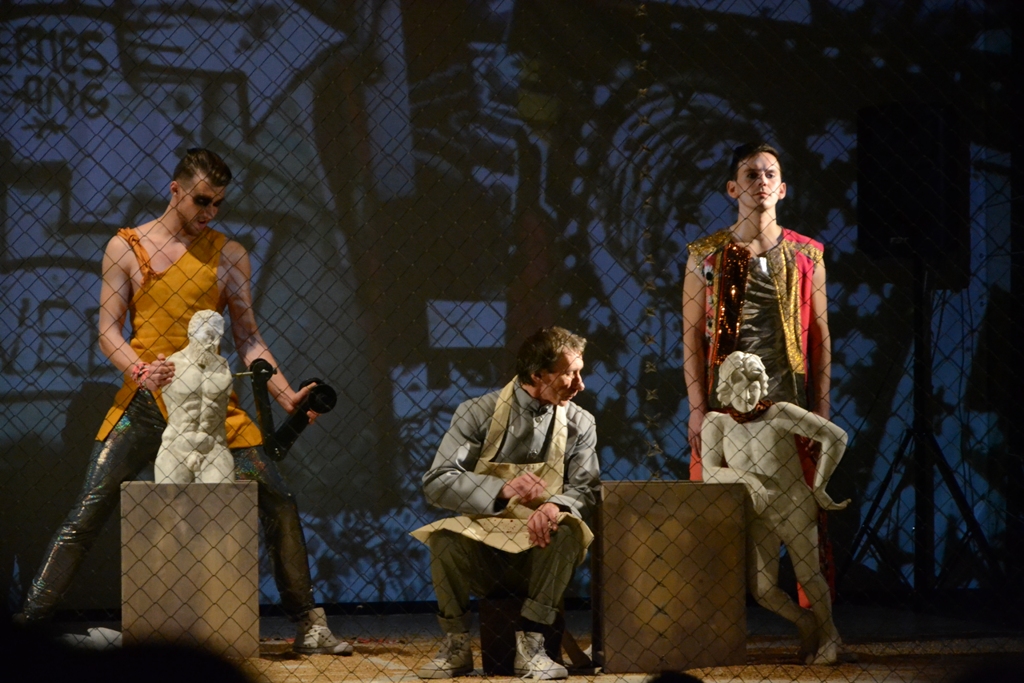Title of the work
Studio / Production Company
Country of the First Edition
Country/countries of popularity
Original Language
First Edition Date
First Edition Details
Птицы [The Birds (Ptitsy)]. Based on the play by Aristophanes. Directed by Aliakseĭ Lialiaŭski, translation by V.T., set design and costumes by Liudmila Skitovich, Minsk, Belarus: Belarusian State Puppet Theatre, December 11, 2015, 100 min.
Running time
Format
Official Website
puppet-minsk.com (accessed: October 2, 2018).
Available Onllne
Open promo review produced by the Belarusian culture magazine “Kultprosvet” (accessed: October 2, 2018).
Genre
Drama
Nonfiction films
Play*
Target Audience
Young adults (High school students. Recommended age 18+.)
Cover
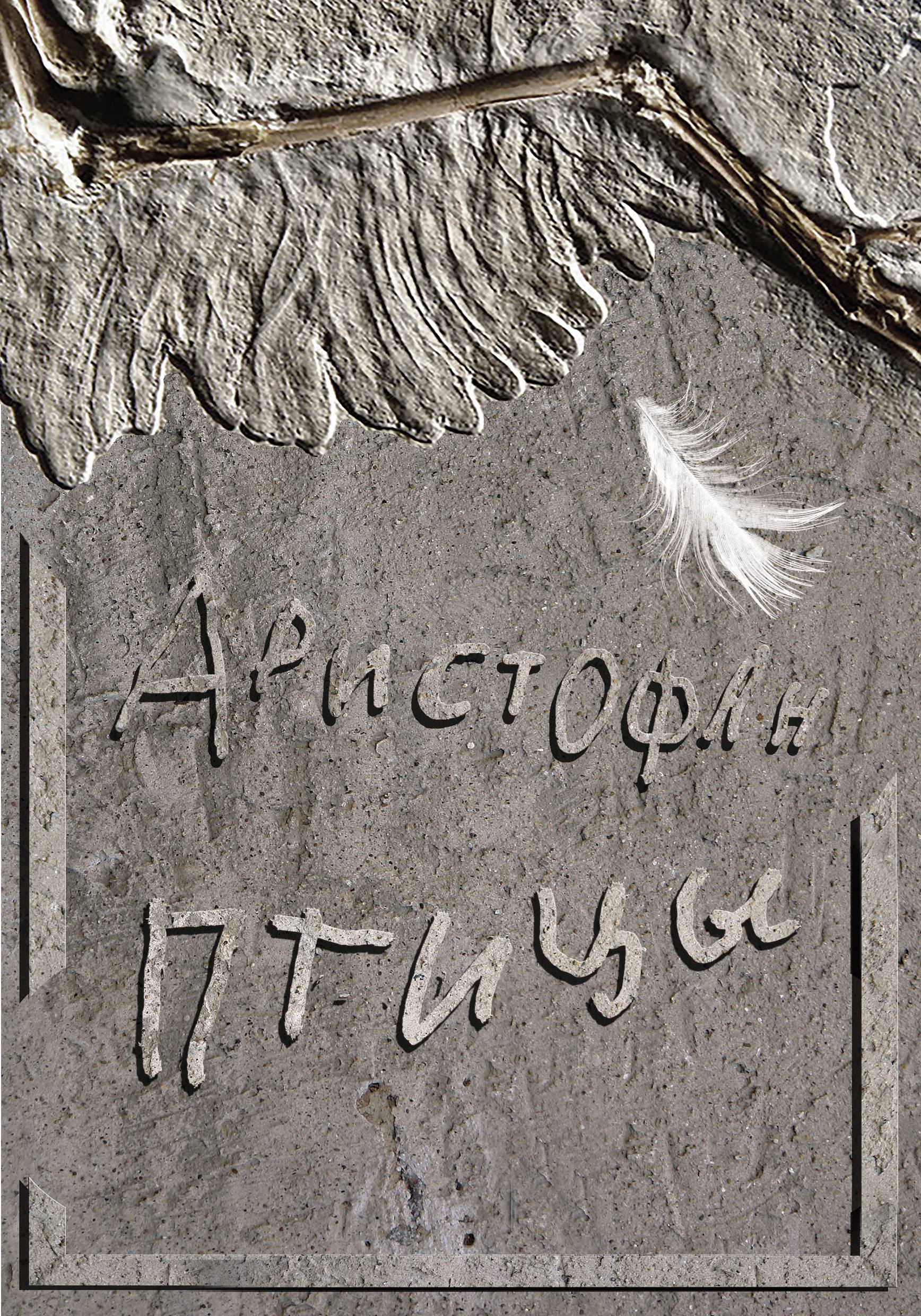
Courtesy of Belarusian State Puppet Theatre.
Author of the Entry:
Maria Pushkina, National Academic Janka Kupała Theatre, maryiapushkina@gmail.com
Peer-reviewer of the Entry:
Elżbieta Olechowska, University of Warsaw, elzbieta.olechowska@gmail.com
Susan Deacy, University of Roehampton, s.deacy@roehampton.ac.uk
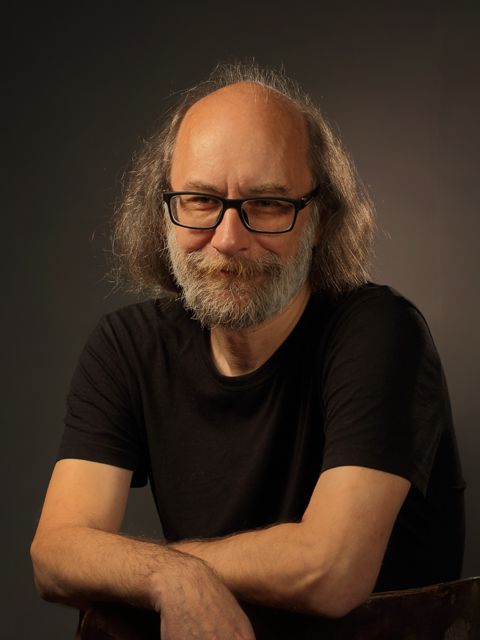
Courtesy of Belarusian State Puppet Theatre.
Aliakseĭ Lialiaŭski
, b. 1957
(Director)
Aliakseĭ Lialiaŭski belongs to the family of a famous Belarusian theatre director Anatol’ Lialiaŭski. He graduated from Belarusian Theatrical Institute in 1980. He has collaborated with numerous puppet theatres in Belarus, Bosnia and Herzegovina, Germany, Lithuania, the Netherlands, Poland, Russia and Slovenia. Aliakseĭ Lialiaŭski has created more than 70 puppet performances for children and adults. He has been honored with the Russian Golden Mask National Theatre Award, the Francysk Skaryna Medal and Belarusian National Theatre Awards. Presently, he is the artistic director of Belarusian State Puppet Theatre and is recognized as The Honored Figure of Arts of Belarus.
Bio prepared by Maria Pushkina, National Academic Janka Kupała Theatre, maryiapushkina@gmail.com
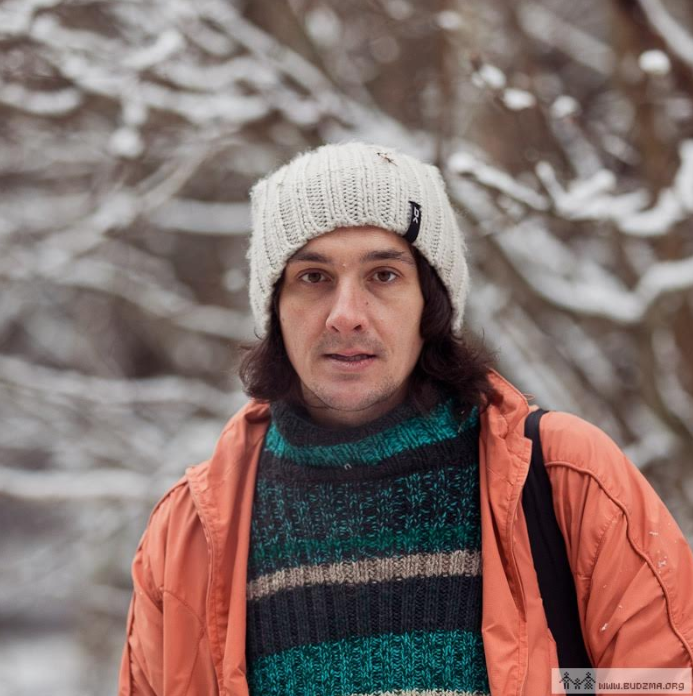
Courtesy of budzma.org.
Leanid Paŭlionak
, b. 1976
(Composer)
Leanid Paŭlionak was born in Navapolatsk. After working as a mechanic, a loader, a forester, a laboratory assistant at the Chemistry Faculty of Polatsk State University, he became musician and composer. He founded and headed Nahual’ and Malanka Orchestra bands, and also took part in many other local bands. He collaborates with baby-theater Busy (Beads) on a regular basis and writes music for the Belarusian theater and cinema productions.
Bio prepared by Maria Pushkina, National Academic Janka Kupała Theatre, maryiapushkina@gmail.com
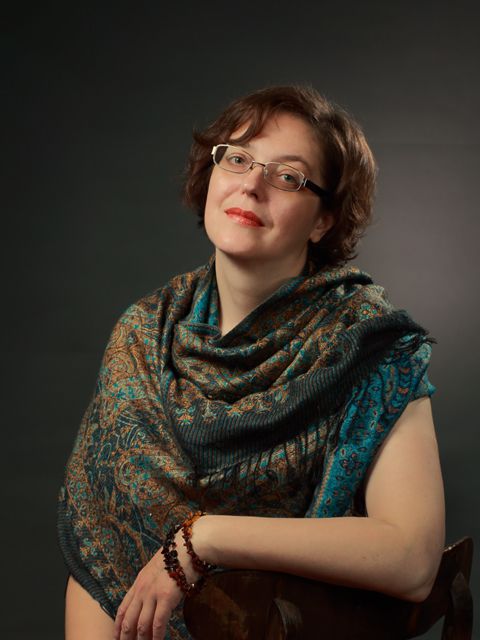
Courtesy of Belarusian State Puppet Theatre.
Liudmila Skitovich
, b. 1975
(Artist)
Liudmila Skitovich graduated from Belarusian Academy of Arts as puppet theater artist in 2000. She designed about 20 theatre productions in Belarus, Ukraine and Russia. She was the principal designer at Mahilioŭ Puppet Theater and a lecturer at Belarusian Academy of Arts. Currently, she is a designer at the Belarusian State Puppet Theater in Minsk. She was nominated for Russian Golden Mask National Theatre Award for designing a performance of Oedipus based on Sophocles’ tragedy, produced by Gulliver Puppet Theater in Moscow
Bio prepared by Maria Pushkina, National Academic Janka Kupała Theatre, maryiapushkina@gmail.com
Casting
Actors:
Uladzimir Hramovich,
Aliaksandr Kazakoŭ,
Tsimur Murataŭ,
Dzmitryĭ Rachkoŭski,
Dzmitryĭ Chuĭkoŭ,
Il’ia Sotsikaŭ,
Valieryĭ Zialienski.
Summary
The director diligently preserves the plot proposed by Aristophanes, but eliminates many moments that reveal ancient realities and issues that could require search for relevant phenomena in contemporary life. Two residents of Athens leave the city in search of a better place to live. The road brings them to Hoopoe, the king of birds, and his servants. The two convince the birds that their purpose is to rule the world and propose an idea to build a city of birds between the sky and the earth. The birds grant wings to their guests, and one of them (Pisthetairos - Liehkavieraŭ) becomes the head of the new city and starts to implement the plan to acquire the powers and privileges of the Olympian gods. Birds intercept the smoke from the sacrifices that feeds gods, and persuade people to treat birds as their new gods, promising patronage in exchange. People are heading to the new city. Prometheus secretly tells Pisthetairos that the gods are frightened by this news and send a delegation to the city to hold negotiations. A delegation consisting of Poseidon, Heracles, and the barbarian Tribalian god, arrives. Pisthetairos concludes a peace treaty with the guests and demands recompense in the form of Zeus’ scepter which is the symbol of power "above the earth and heaven" and Zeus’s daughter for his wife.
Analysis
Director Aliakseĭ Lialiaŭski used the Russian translation of the comedy which was done from French by Vasiliĭ Teplov (V.T. in the performance program) in pre-revolutionary years and published in 1897. The translation was carefully adapted according to the needs of the production, i.e., all complicated allusions to the realia of Aristophanes were removed, as well as any references to particular phenomena that might be unknown to contemporary viewers. Instead, the poems by A. Blok, I. Brodsky, M. Voloshin, A. Gorodnitsky and I. Polonskiĭ were used. The director aimed at creating a simple linear plot that would allow the viewer to enjoy the music, lights, allusive costumes, puppets and props. Some ancient Greek motifs are preserved, e.g. the description of political events (according to the law of Athens) is done using what came to be known under totalitarian regimes as Aesopian language. The anti-utopian nature of the play is preserved. In the programme, a quotation from Thomas More's History of King Richard III is marked as the epilogue to the performance. It says, “Such a pestilent serpent is ambition and desire of vainglory and sovereignty that among those whom he once enters, he creeps forth so far till with division and variance he turns all to mischief: First, longing to be next to the best; afterward, equal with the best; and at last, chief and above the best.” This is emphasized by the words and deeds of the main character (Pisthetaerus, other names: Mazhakrutaŭ, Piardun Siryĭski), who copies characteristic gestures of Lenin and Hitler. His tribune is the ruins of a column as a symbol of invincibility and power. Although the genre of production is said to be the story of the Nephelococcygian democracy, the director avoids any stereotypes about democratic Athens (and ancient Greece in general) as the cradle of democracy. References to ancient art are revealed in columns, sculptures (incarnations of gods), masks on puppets and associative images: e.g. Poseidon as a herring, Heracles as a piece of exercise equipment. All the objects and citations of Antiquity used in the play create a specific image of an (anti) utopian country. The performance constitutes a dynamic artistic expression relevant to the concepts of the classical playwright.
Further Reading
Buncėvich, Nadzeia [Бунцэвіч, Надзея], Прыляцелі “Птушкі”… [“Birds” have arrived… (Prylatseli “Ptushki”)], Electronic resource, available at kimpress.by (accessed: October 2, 2018).
Gromyko, Liudmila [Громыко, Людмила], Не ради хлеба [Not for bread (Ne radi hleba)], Electronic resource, available at: gromykotheatre.org (accessed: October 2, 2018).
Addenda
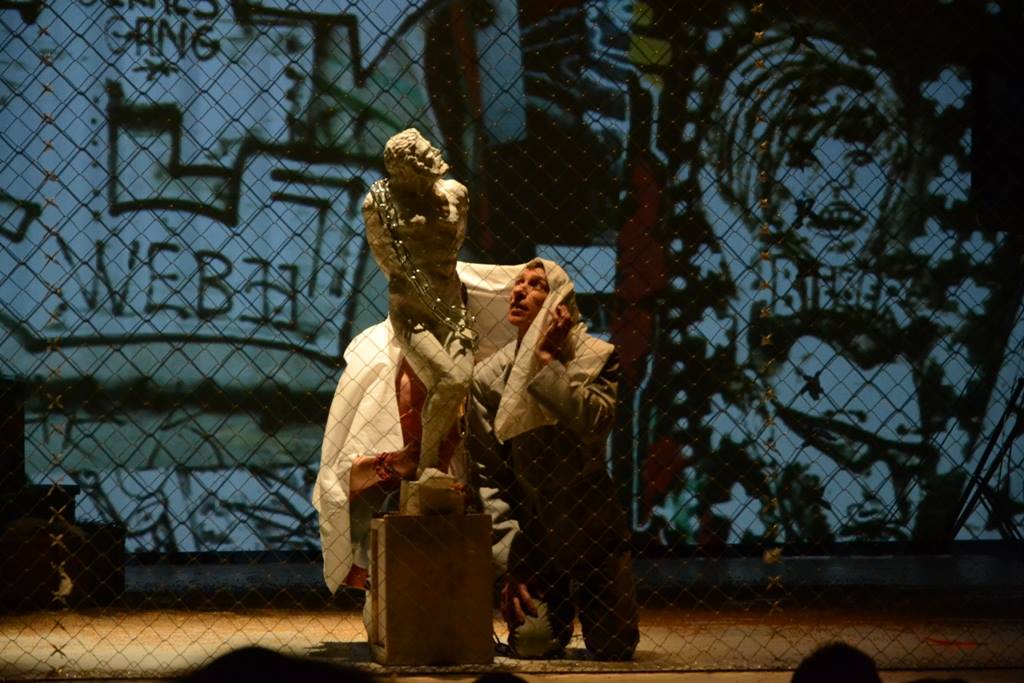
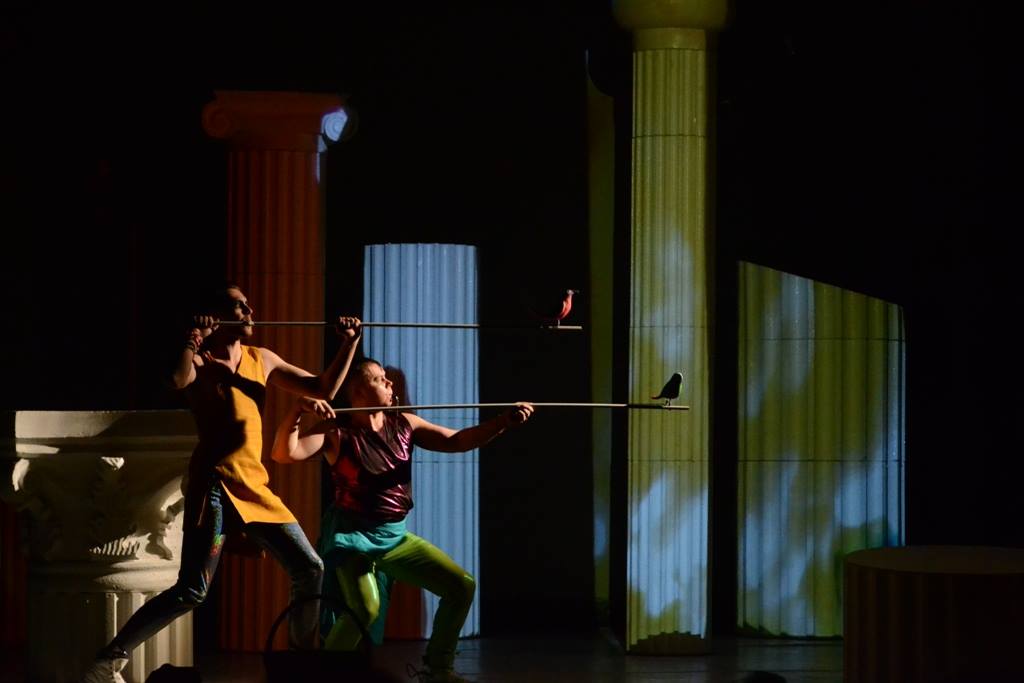
Courtesy of Belarusian State Puppet Theatre.
